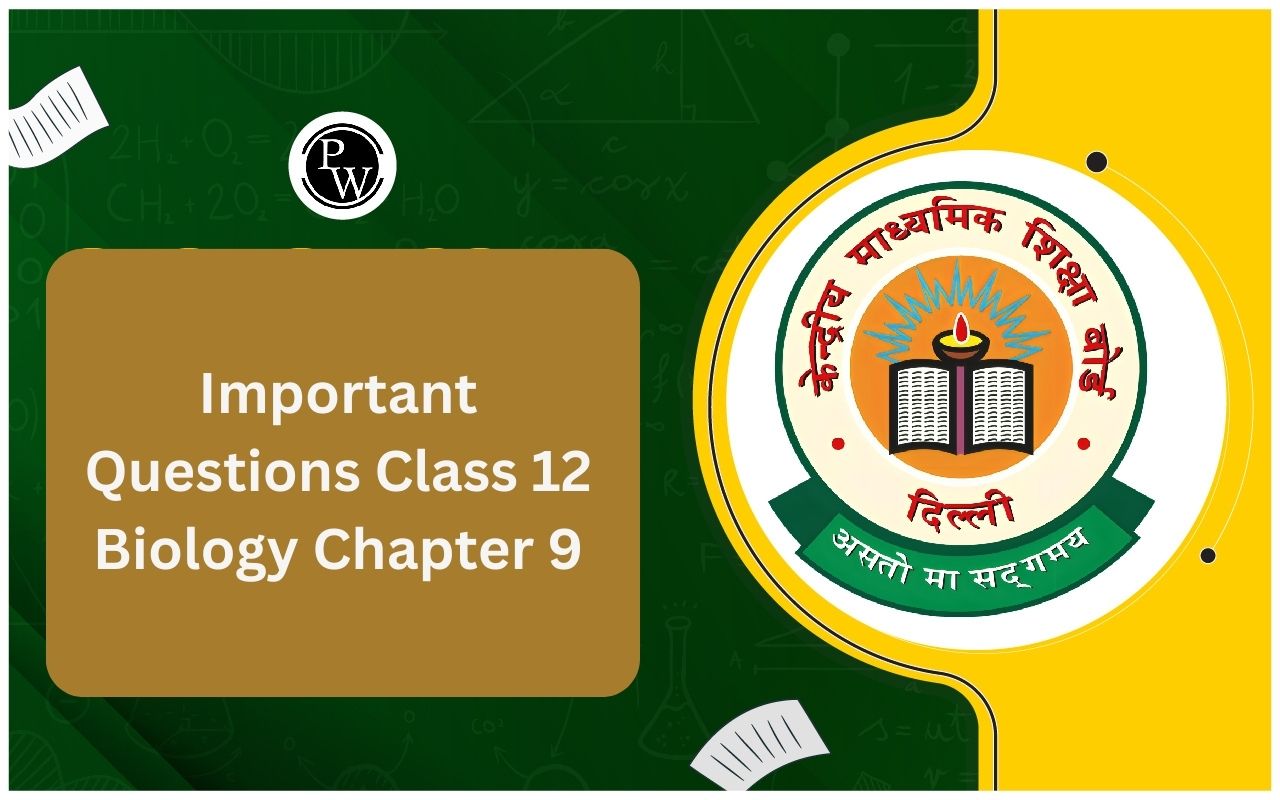
Class 12th is one of the most important academic stages in a student’s life, and managing studies during this time can be challenging. Many students face the issue of backlogs due to various reasons like health issues, lack of time management, or difficulty in understanding certain subjects. These backlogs, if not addressed on time, can lead to stress and affect final board exam performance. However, with a focused approach, proper planning, and consistent effort, it is absolutely possible to cover backlogs effectively. Understanding how to manage your time wisely and use the right resources can make a big difference in turning your weaknesses into strengths before the exams.
What Are Backlogs?
Backlogs refer to unfinished or pending portions of your Class 12th syllabus. It could be one subject, multiple chapters, or entire topics that you haven’t studied properly yet. If ignored, backlogs can snowball into major academic stress — especially when exams are around the corner.
Why Do Students Fall Into Backlogs?
Some common reasons include:
-
Poor time management
-
Procrastination
-
Health issues
-
Lack of interest in a subject
-
Too much focus on one subject while ignoring others
-
Overdependence on tuition or coaching
-
Exams or competitions clashing with school studies
Whatever the reason, the focus now should be on moving forward.
Step-by-Step Plan to Cover Backlogs
Here’s a detailed plan to help you clear your backlogs without burnout:
1. Accept the Situation Calmly : The first step is to stop panicking or blaming yourself. It’s okay to fall behind — it happens to many. What matters now is your willingness to bounce back.
2. List Down Your Backlogs : Make a proper list of:
-
Subjects you are behind in
-
Chapters or topics not yet covered
-
Concepts you’ve forgotten and need to revise
This gives you a clear starting point.
3. Prioritize Your Backlogs : You can’t do everything at once, so prioritize:
-
Class 12th Subjects that carry more marks
-
Topics that are important for board exams and competitive exams
-
class 12th Chapters with high weightage in the syllabus
Use your school syllabus and previous years' question papers as a guide.
4. Make a Realistic Study Plan : Now create a weekly and daily timetable. For example:
-
2 hours daily for backlog subjects
-
2 hours for current studies/revision
-
1 hour for solving sample papers or tests
Break topics into small goals. Don't aim to finish an entire book in a day — consistency is more important than speed.
5. Study Smart, Not Hard : Focus on understanding concepts instead of mugging up answers. Use flowcharts, mind maps, and short notes to revise faster.
- Use the Pomodoro Technique — study for 25 minutes, then take a 5-minute break. After 4 sessions, take a longer break.
6. Practice Questions Regularly : Once you finish a topic, test yourself:
-
Solve NCERT questions
-
Attempt board exam papers
-
Use sample papers from your school or coaching
Practice helps in better retention and shows which areas still need work.
7. Avoid Distractions : Say goodbye (for now) to:
-
Excessive phone usage
-
Binge-watching shows
-
Scrolling on social media for hours
Use apps like Forest, Focus To-Do, or Study Bunny to stay focused during study sessions.
8. Stay Consistent : You might be tempted to take long breaks or skip days, but don’t. Even if you study just for 1-2 hours a day, do it every single day. Discipline matters more than motivation.
9. Ask for Help Don’t hesitate to : Ask your teachers or tutors for guidance
-
Join group studies (only if they’re serious!)
-
Take help from parents or seniors
Sometimes, a 10-minute doubt-clearing session can save hours of confusion.
How Much Time Will It Take to Cover Backlogs?
How Much Time Will It Take to Cover Backlogs It depends on:
-
Number of subjects/topics you’re behind in
-
Your current understanding
-
Your study hours per day
Generally, if you dedicate 2–3 hours daily, most students can catch up within 4–6 weeks.
Mistakes to Avoid While Covering Backlogs
-
Trying to complete everything in one go
-
Ignoring current topics while focusing only on backlogs
-
Comparing yourself with others
-
Studying without a plan
-
Sacrificing sleep
How to Cover Backlogs for Class 12th Board Exams FAQs
Q.1 : How do I start covering backlogs for Class 12th Board Exams?
Q.2 : Can I cover multiple backlogs at the same time?
Q.3 : How much time should I dedicate to clearing my backlogs?
Q.4 : Should I skip my regular syllabus to focus on backlogs?









